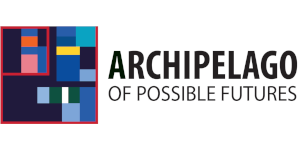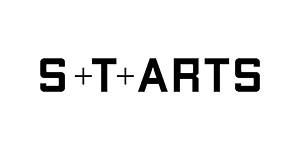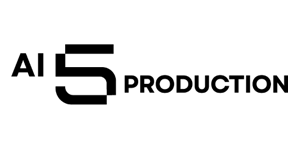If Session I exposes the architectures of techno-authoritarianism, Session II turns to the work of reconstruction. The EuroStack, shown at the Ars Electronica Platform Europe Exhibition, offers a new foundation: A European technological ecosystem rooted in democratic governance, ecological principles, and the public good.
But building alternatives is not just a technical or regulatory task—it is a cultural and imaginative challenge. Infrastructure is never neutral; it shapes how we live, decide, and relate. This session brings together artists, designers, policymakers, and technologists to explore how digital infrastructure becomes cultural infrastructure—how it can be narrated, visualized, and contested as a site of collective agency.
What would a truly public, green cloud feel like? What new rituals, aesthetics, and legal architectures are needed to reclaim Europe’s digital core—and its data—as a commons, beyond the logics of extraction and control?

Photo: flap
Dual-Use / Dual Futures: Reclaiming the Stack for Europe’s Commons
Trevor Paglen (US), Marina Otero Verzier (ES), Domestic Data Streamers (ES), Leo Mühlfeld (AT), Paul Keller (NL), dmstfctn (GB)
POSTCITY, First Floor, Conference Hall
Language //
EN
Ticket //
FESTIVALPASS+, FESTIVALPASS, ONE DAY PASS
-
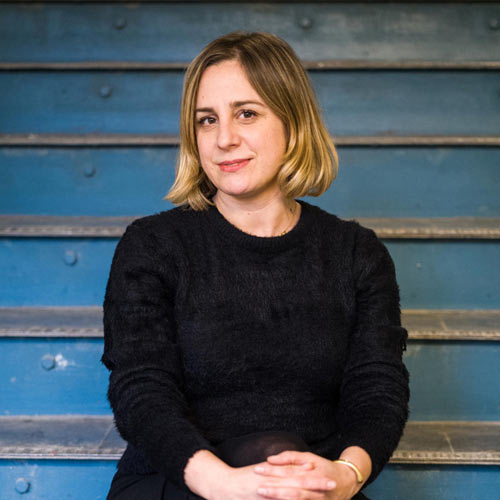
Photo: Marina Otero Verzier
Marina Otero Verzier
Marina Otero Verzier is an architect and researcher. She teaches at the Graduate School of Architecture, Planning and Preservation (GSAPP) of Columbia University, where she leads the Data Mourning clinic, exploring the intersection between digital infrastructures and climate catastrophe. A Harvard Wheelwright Prize winner, she collaborates with scientific institutions such as the DIPC on developing prototypes like Computational Compost. She contributed to Chile’s first National Data Centers Plan alongside local communities on the front lines of the fight against extractivism.
-
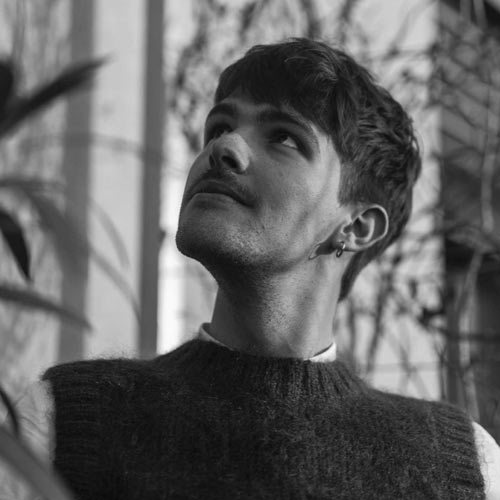
Lucy Li
Leo Mühlfeld
Leo Mühlfeld (AT) is an industrial designer working in experimental settings, using design to translate research and ideas into engaging, tangible experiences. He sees design as a tool to connect disciplines.
-
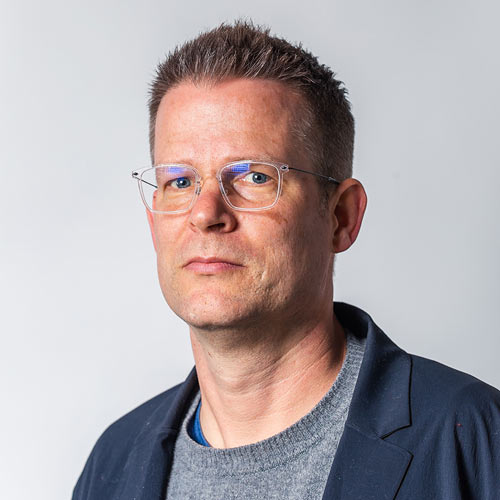
Photo: Stuart Acker Holt (CC-BY)
Paul Keller
Paul Keller is co-founder and Director of Policy at Open Future and President of the COMMUNIA Association for the Public Domain. He has over 20 years of experience as a media activist, open policy advocate, and systems architect focused on improving access to knowledge and culture.
-
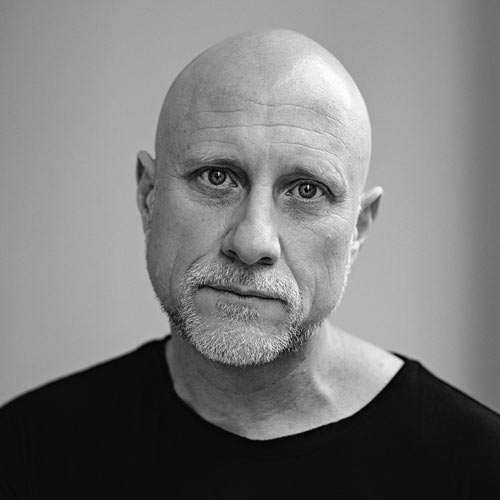
Photo: Axel Dupeux
Trevor Paglen
Trevor Paglen is an artist whose work spans image-making, sculpture, investigative journalism, writing, and engineering. He has exhibited in museums including the Vienna Secession, the Barbican, the Metropolitan Museum of Art, and the Tate Modern. Paglen has launched artwork into orbit, contributed to the Academy Award-winning film Citizenfour, and installed a radioactive sculpture in the Fukushima exclusion zone. He has written several books and numerous articles and was named a MacArthur Fellow in 2017.
-
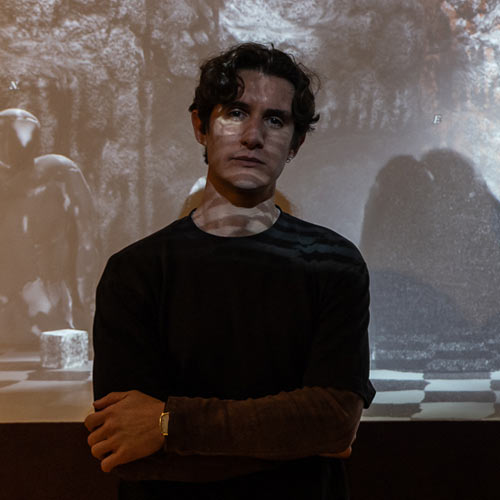
Photo: Rob Harris
Francesco Tacchini
Francesco Tacchini is one half of dmstfctn, a London-based artist duo exploring complex systems through installation, performance, video games, and films. dmstfctn’s immersive work invites audiences into the demystification of systems by creating replicas of them, and into their “remystification” by building new narratives and worlds atop them. Since 2018, dmstfctn has exhibited and performed internationally including at Serpentine, Berghain, HKW, LUMA, Unsound, CTM, transmediale, and Impakt.
-
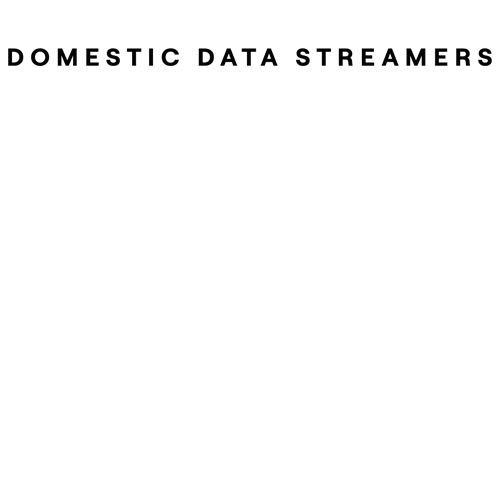
Domestic Data Streamers
Domestic Data Streamers is a collective from Barcelona comprising journalists, researchers, coders, artists, data scientists, and designers who have been focusing on exploring new data languages and their social implications since 2013. Their research and work translate into films, installations, digital experiences, performances, and exhibitions in a wide range of contexts such as schools, prisons, movie theaters, museums, the streets of many cities, and even the United Nations Headquarters.
-
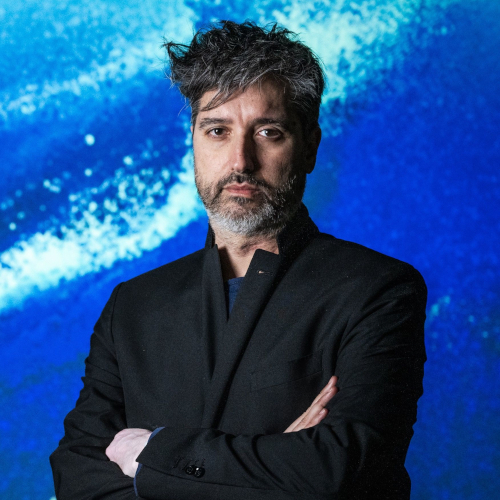
Photo: Espacio Fundación Telefónica
Jose Luis de Vicente
José Luis De Vicente is a curator, cultural researcher, and artistic director based in Barcelona and working internationally. His work explores the space between social innovation, new ecological practices, and the aesthetics and politics of computation. He is the cofounder of FAST, a brand new transdisciplinary creative unit addressing current and future challenges through the convergence of culture, technology, architecture, and design.
